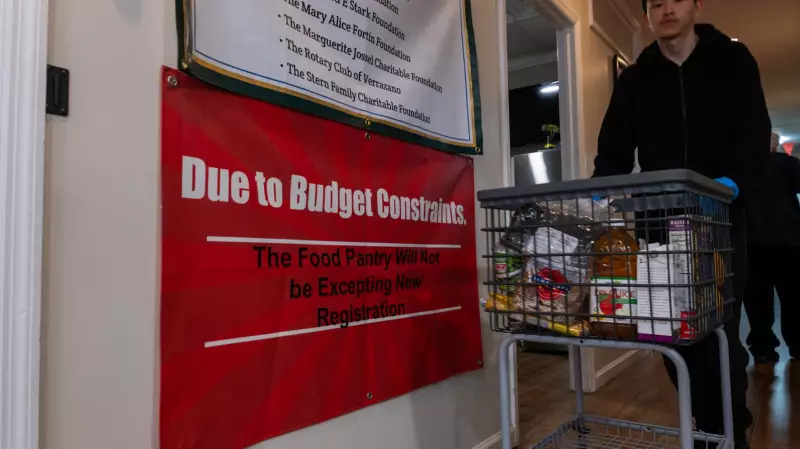
Food banks and anti-hunger organizations across Canada are preparing for a potential crisis as the threat of a government shutdown coincides with the holiday season. This double jeopardy could leave vulnerable families struggling to put food on the table.
The Perfect Storm for Hunger
With political gridlock in Ottawa threatening government operations, critical nutrition programs face uncertainty. The potential suspension of Supplemental Nutrition Assistance Program (SNAP) benefits and reduced federal support comes at the worst possible time for food assistance networks.
"We're looking at a perfect storm," explains Sarah Johnson, director of a major urban food bank. "Donations typically decrease after the holidays, while demand remains high. A shutdown would stretch our resources beyond capacity."
How Shutdowns Impact Food Security
Previous government closures have demonstrated the devastating ripple effects on community food systems:
- SNAP benefit disruptions leaving families without grocery assistance
- Federal workers facing furloughs turning to food banks for the first time
- Reduced government commodity shipments to food banks
- Charitable organizations losing federal funding for operations
Food Banks Prepare for the Worst
Across the country, food distribution centers are implementing emergency protocols. Many are stockpiling non-perishable items, reaching out to regular donors for increased support, and coordinating with local farmers and retailers.
"We learned hard lessons from previous shutdowns," notes Michael Chen, who coordinates a regional food bank network. "This time, we're building deeper partnerships with grocery chains and implementing more efficient distribution models."
What Canadians Can Do to Help
Community support becomes even more crucial during government instability. Here are the most effective ways to make a difference:
- Donate funds rather than food - monetary donations allow organizations to purchase exactly what's needed
- Focus on nutrient-dense items - proteins, whole grains, and low-sodium options are always in demand
- Check expiration dates - ensure donated food is fresh and safe
- Volunteer time - extra hands are needed for sorting and distribution
- Advocate for policy solutions - support long-term hunger prevention programs
As the political situation remains uncertain, food bank operators emphasize that community resilience will be tested. "Hunger doesn't take a break during government shutdowns," Johnson reminds us. "In fact, that's when our services become most essential."






